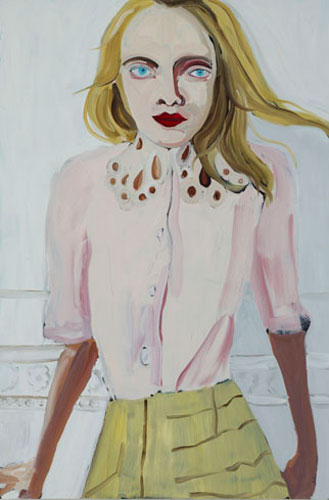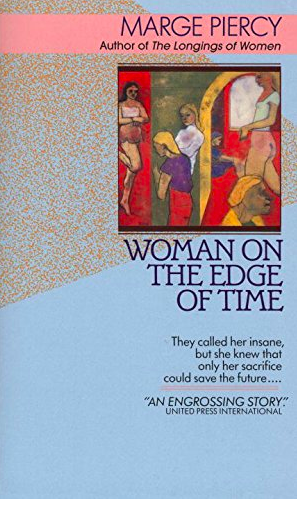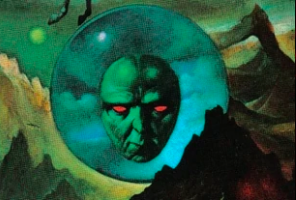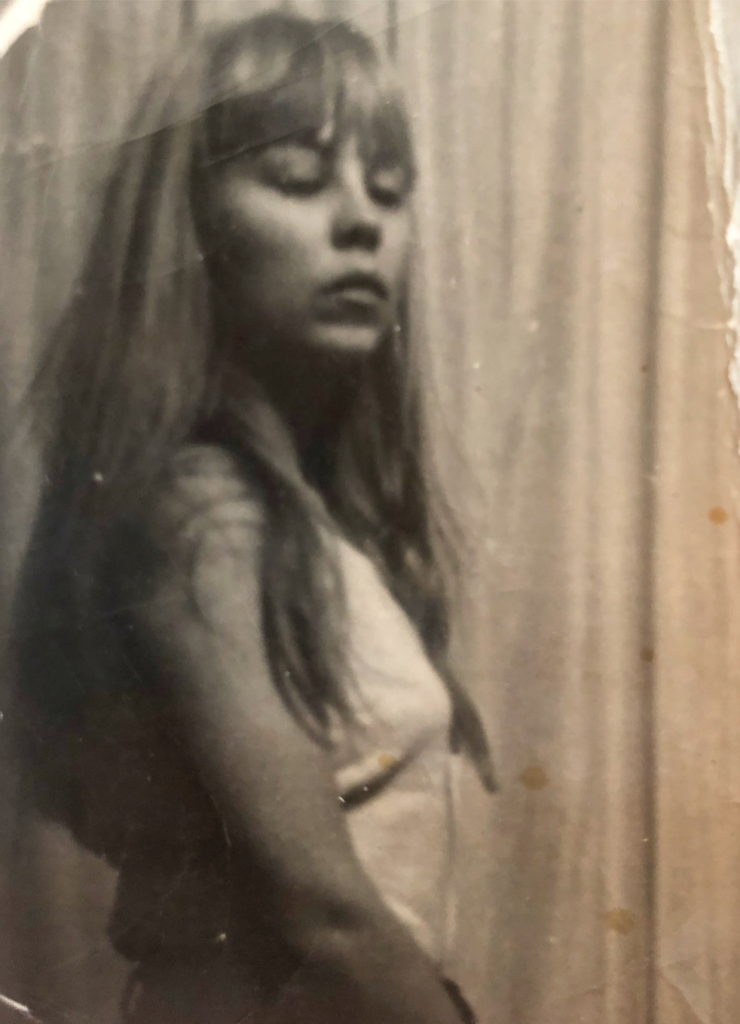If you have taken this rubble for my past
raking through for fragments you could sell
know that I long ago moved on
deeper into the heart of the matterIf you think you can grasp me, think again:
my story flows in more than one direction
a delta springing from the river bed
with its five fingers spread
–Adrienne Rich
This is a story I began writing when I was 34, the last age of Ute, whose story this really is. I am 49 now, and what were cracks in our country’s landscape then have become continental divides. But deep in the soil of this stolen land, the rot was always there, threatening to poison us all.
I knew Ute in 1998. The temperatures were already climbing. Justice as always was only truly available to those deemed human by the Founding Fathers (such a small percentage of us). Rodney King was not so far in the rear view mirror, but had already been obscured in White America’s memory by OJ in his white Bronco, launching the whole of reality TV culture in that one uber-televised police chase leading finally to Donald Trump’s White House.
As I write this, there is no stable ground—only lethal virus, lethal white supremacy and capitalism. Righteous fury in the streets, dangerous dybbuks in the spreadsheets. I have been sick too—not with COVID but a urinary tract infection that has bloomed into my kidneys and triggered every trigger I didn’t know I still had.
My ability to filter toxins is completely maxed out.
The first day I experienced these symptoms, a first draft of Ute’s story fell onto my desk. It had been securely pinned to my bulletin board for more than a decade but on that overly warm May day, the printout suddenly dropped onto my desk.
I felt sicker.
The summer she and I knew each other, I was 27– the age when you either step into the path of adult life or die. Back then the curse of 27 wasn’t discussed as it is today. Nothing was. The Internet was still in its infancy. When I needed information I went to the library or called up a smarter friend. When I needed companionship, I showed up in people’s bedrooms. When I needed help, I prettily cried Uncle. Continue Reading →




